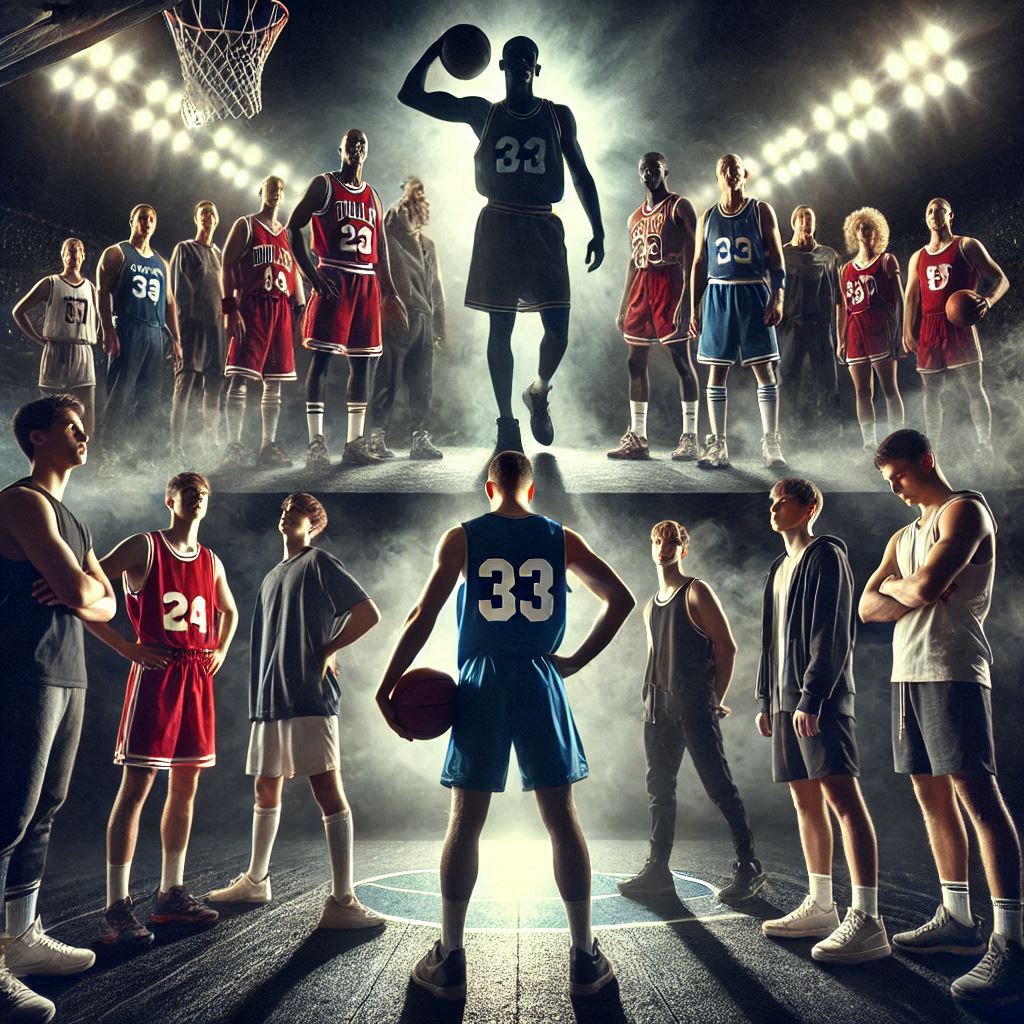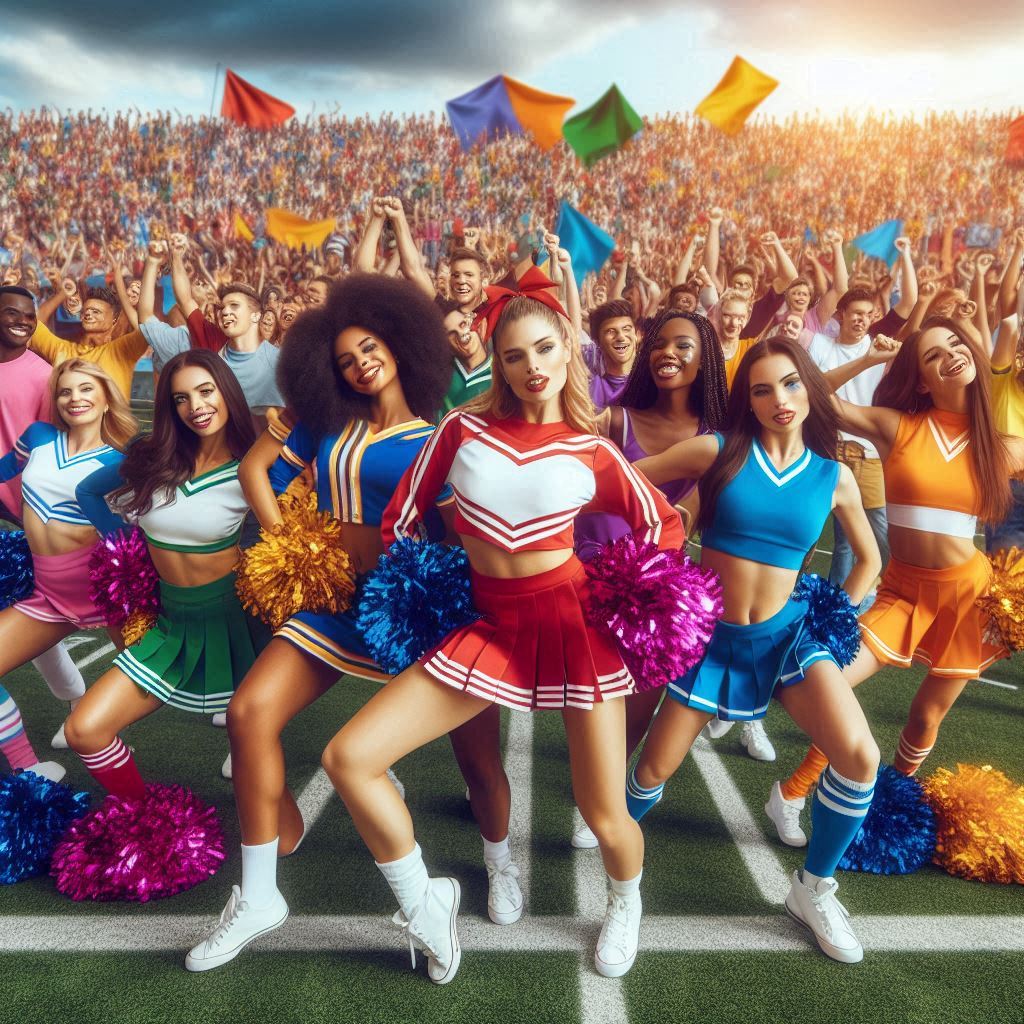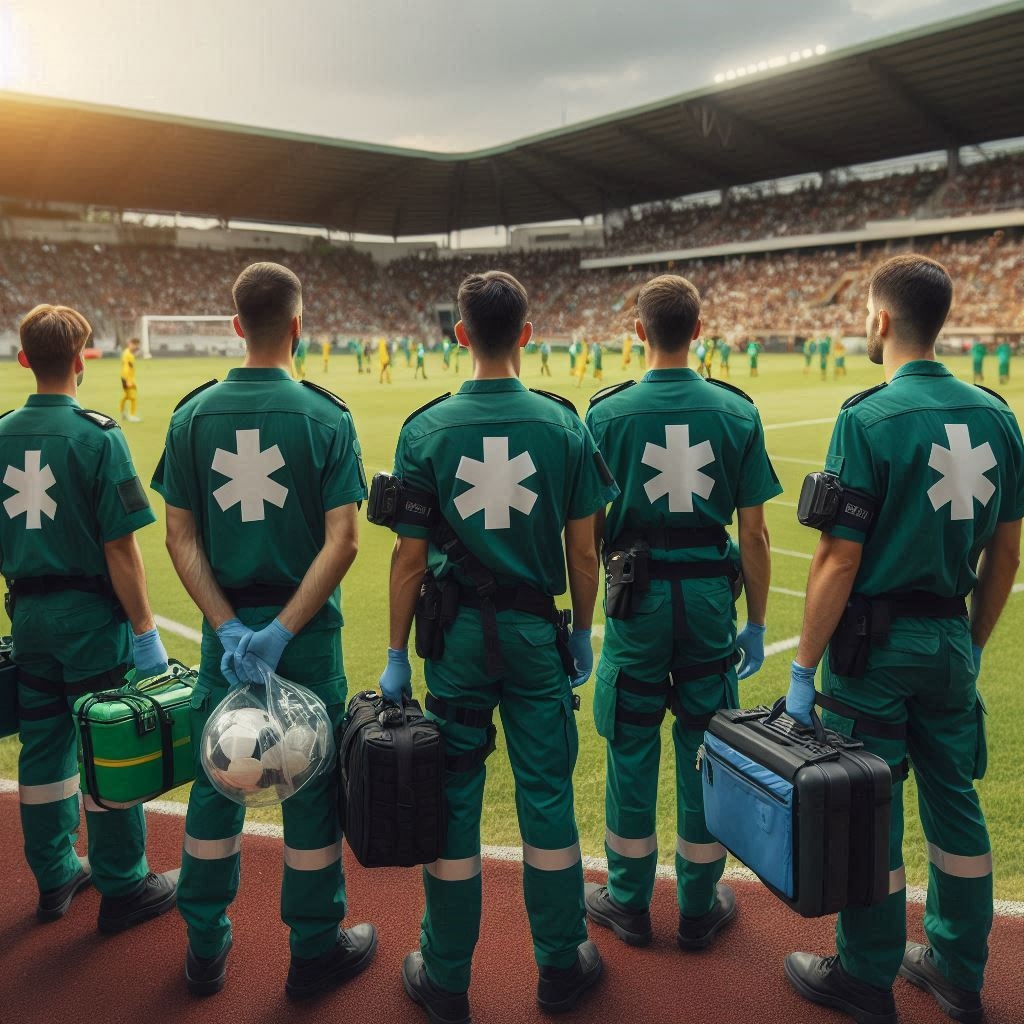Sports Success Friends vs. Focus From Teammates To Triumph
Should Sports Teams Be Friends or Just Professionally Aligned?
From Teammates to Triumph
When it comes to sports, teamwork is often highlighted as a cornerstone of success. Yet, one enduring question persists, does a team perform better if its members are close friends, or is it enough for them to connect professionally and align with the same goals? The answer isn’t straightforward. It depends on the sport, the team culture, and the balance struck between personal and professional relationships.
The Value of Friendship in Team Sports
One of the benefits of friendship within a team is the strong bond it creates. Shared experiences on and off the field can foster trust and emotional resilience. For example, teammates who genuinely care about one another tend to communicate more effectively during critical moments. This can create a supportive environment, helping the team thrive in high-pressure situations.
However, over-reliance on personal relationships can backfire. Friendships can sometimes lead to cliques, marginalizing other members and disrupting team unity. Furthermore, decisions based on friendships rather than merit can compromise objectivity and fairness. Striking a balance between camaraderie and professionalism is key to avoiding these pitfalls.

Professional Connections
A Winning Strategy?
In professional sports, some of the most successful teams thrive without deep personal bonds. Instead, they focus on shared goals, mutual respect, and leveraging each other’s strengths. A professional dynamic allows athletes to remain laser-focused on their roles, minimizing distractions from personal conflicts or emotions.
Maintaining clear boundaries in professional relationships can also enhance team functionality. By putting the team’s objectives above individual feelings, members can concentrate on executing strategies and delivering their best performances, regardless of their personal rapport.
Examining Different Sports Contexts
The balance between friendship and professional alignment varies across sports. Team sports like soccer and rugby often benefit from camaraderie, as synergy and trust are crucial. However, history has shown that teams don’t necessarily need to be friends off the field to succeed. Examples abound where respect and coordination outweigh personal connections.
In individual pair sports such as tennis doubles or synchronized swimming, understanding each other’s styles and strategies is essential. While personal bonds can help, a professional focus often takes precedence in achieving precision and harmony.
In adventure sports like rowing or mountain climbing, trust is non-negotiable. While personal friendships might strengthen trust, the ability to rely on teammates’ competence and judgment often matters most in high-stakes situations.
Communication as a Bridge
Whether teammates are friends or professional collaborators, clear and honest dialogue is vital. Teams that practice active listening and adaptability in their interactions build stronger bonds and ensure better performance on the field.

Trust and Accountability
The Cornerstones of Success
Trust isn’t just about being friends; it’s built through actions. Consistency in delivering results, taking responsibility for one’s role, and supporting teammates under pressure are what create a reliable team dynamic. Accountability, coupled with trust, forms the foundation of high-performing teams.
The Role of Leadership
Leadership plays a pivotal role in defining team dynamics. A good leader—whether a coach or captain—fosters inclusivity and collaboration. By setting a tone of mutual respect and focusing on shared goals, leadership helps teammates work together effectively, regardless of their personal relationships.
Psychological Resilience in High-Pressure Moments
In sports, mental toughness is critical. While friendships can provide emotional support, professional alignment often helps athletes stay focused during stressful situations. Teams that prioritize resilience through respect and shared objectives can maintain their composure and perform at their best when it matters most.

Conclusion
So, do sports teams need to be friends to succeed? The answer lies in balance. While personal friendships can enhance morale and provide emotional support, they aren’t essential for great performance. Professional connections based on trust, respect, and shared goals can be just as powerful. Ultimately, it’s about adapting to the unique dynamics of each team and sport.
Join the Discussion
What do you think is the key to building a successful sports team? Is friendship among teammates an essential ingredient for success, or can mutual respect and professional alignment be enough? Have you seen examples of teams where personal bonds have made a difference—or where professionalism triumphed over friendship?







3 Comments
Comments are closed.